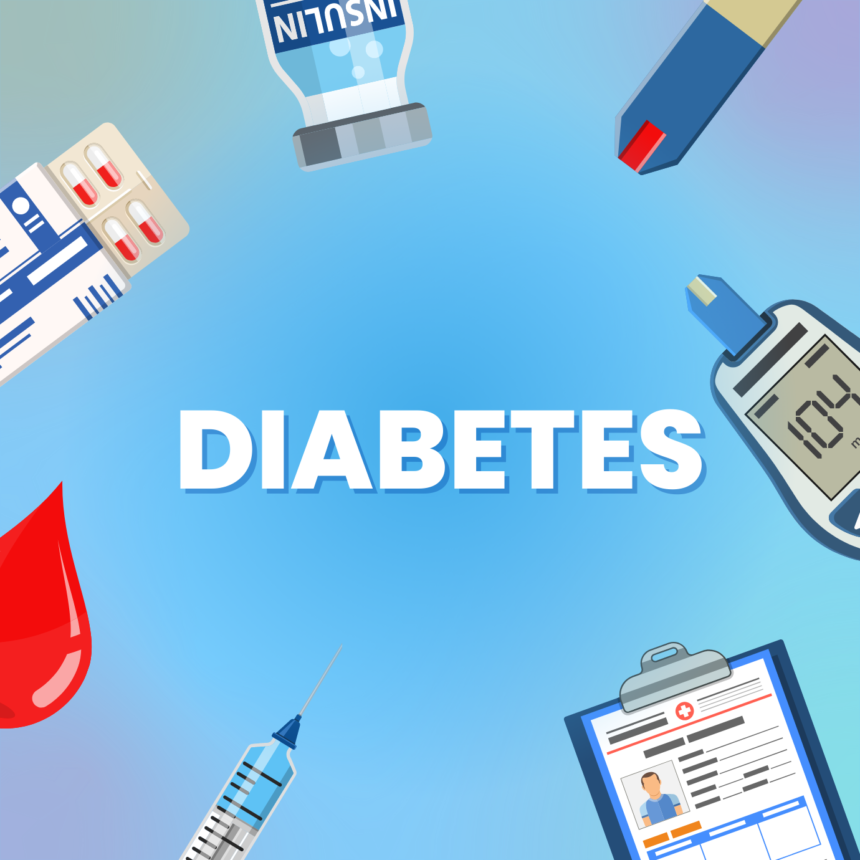A healthy and balanced diet plays a crucial role in managing diabetes and maintaining stable blood sugar levels. Here’s a guide to healthy eating for diabetics:
1. Carbohydrate Management:
Carbohydrates significantly impact blood sugar levels, so managing carbohydrate intake is essential. Focus on complex carbohydrates found in whole grains, legumes, fruits, and vegetables, as they have a slower impact on blood sugar compared to simple carbohydrates like sugary foods and refined grains.
2. Glycemic Index (GI):
Understanding the glycemic index can help you choose foods that have a lesser effect on blood sugar. Low-GI foods release glucose more slowly, promoting better blood sugar control.
3. Portion Control:
Be mindful of portion sizes to avoid excessive carbohydrate intake. Even healthy foods can impact blood sugar if consumed in large quantities.
4. Balancing Macronutrients:
Aim for a balanced meal that includes carbohydrates, proteins, and healthy fats. Including protein and fats in meals can help slow down the absorption of glucose from carbohydrates.
5. Healthy Fats:
Choose unsaturated fats such as those found in nuts, seeds, avocados, and olive oil. Limit saturated fats and avoid trans fats, as they can increase the risk of heart disease.
6. Fiber-Rich Foods:
Fiber slows down the absorption of sugar, leading to better blood sugar control. Include fiber-rich foods like whole grains, fruits, vegetables, and legumes in your diet.
7. Limit Sugary Foods and Beverages:
Minimize the consumption of sugary foods and drinks, including sodas, fruit juices, candies, and sweets.
8. Regular Meal Timing:
Maintain regular meal timing to help keep blood sugar levels consistent throughout the day.
9. Snacking Wisely:
Choose healthy snacks, such as raw vegetables, nuts, or Greek yogurt, to keep blood sugar levels stable between meals.
10. Hydration:
Stay well-hydrated by drinking plenty of water throughout the day.
11. Alcohol Moderation:
If you consume alcohol, do so in moderation and with food to avoid hypoglycemia.
12. Read Food Labels:
Become familiar with reading food labels to identify added sugars and total carbohydrate content in packaged foods.
13. Consult with a Dietitian:
A registered dietitian specializing in diabetes can help create a personalized meal plan that suits your health needs and preferences.
14. Monitor Blood Sugar Responses:
Regularly check your blood sugar levels after meals to understand how different foods affect your glucose levels.
Remember, the best diet for diabetes is individualized and should align with your medical condition, lifestyle, and personal preferences. Work with your healthcare team to develop a dietary plan that promotes stable blood sugar levels, supports overall health, and helps you achieve your diabetes management goals.
